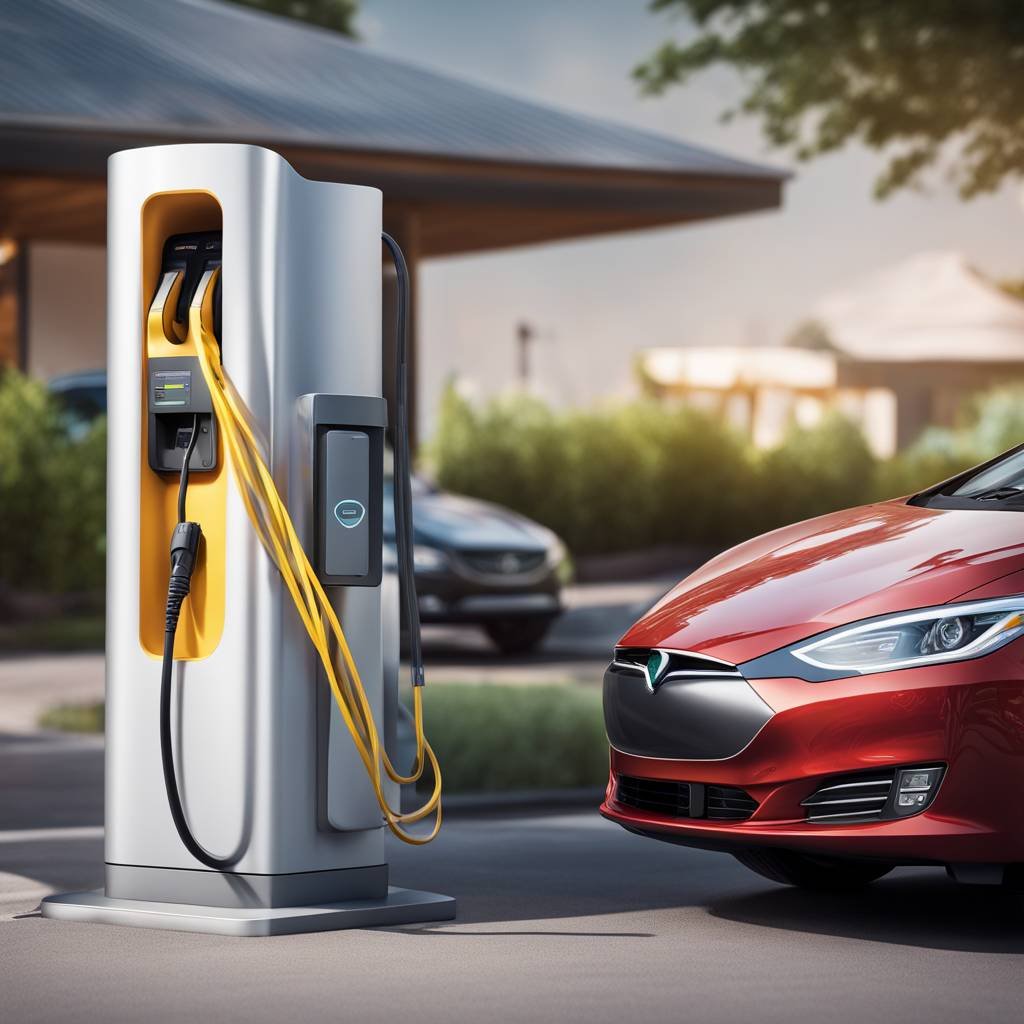Payment issues can impact the experience of electric vehicle (EV) drivers when it comes to charging their vehicles. To ensure that EV charging remains accessible, convenient, and reliable, it is important to address and resolve payment issues. By improving the overall charging experience, it can help accelerate the adoption of EVs and enhance the overall satisfaction of drivers, keeping them on the road rather than waiting at a charging station. Making payment processes easier and more seamless is crucial for building consumer trust in the reliability of a national charging network.
The U.S. Department of Energy’s National Renewable Energy Laboratory, in collaboration with the ChargeX Consortium, has identified and published a report on the challenges related to EV charging payments and proposed solutions to address them. The consortium consists of various industry experts, consumer advocates, and stakeholders who are working together to tackle the payment issues associated with EV charging. With multiple payment options available such as credit card readers, NFC, RFID, smartphone apps, Plug & Charge, and more, there are numerous challenges that need to be addressed to ensure consistent functionality across all payment methods.
The report emphasizes the key issues that customers may face when paying for EV charging, including network connectivity problems, installation and activation of card reader payment systems, hardware robustness, customer confusion with multiple payment methods, and maintenance issues. To overcome these challenges, the report suggests solutions such as conducting site surveys for connectivity, performing network component health checks during maintenance, testing point-of-sale software before deployment, and integrating contactless card readers into the charging equipment. Ensuring robust solutions can help anticipate and address payment issues before they occur, ultimately improving the overall charging experience for EV drivers.
The recommendations and proposed solutions in the report have been developed with input from members of the ChargeX Consortium, including industry leaders like BMW, ChargePoint, Electrify America, and General Motors. By collaborating with key stakeholders and industry experts, the consortium aims to create a more seamless and reliable EV charging experience for customers. To stay updated on the latest news and research in sustainable transportation and mobility, interested individuals can sign up for NREL’s quarterly newsletter, Sustainable Mobility Matters, and learn more about the ChargeX Consortium’s efforts to address EV charging challenges.
Overall, by focusing on improving the ease of payment and addressing payment issues in the EV charging infrastructure, it is possible to enhance the overall charging experience for EV drivers and facilitate the widespread adoption of electric vehicles. By implementing robust solutions and collaborating with industry partners, decision-makers can anticipate and resolve payment issues effectively, creating a more efficient and seamless charging network for EV owners.



